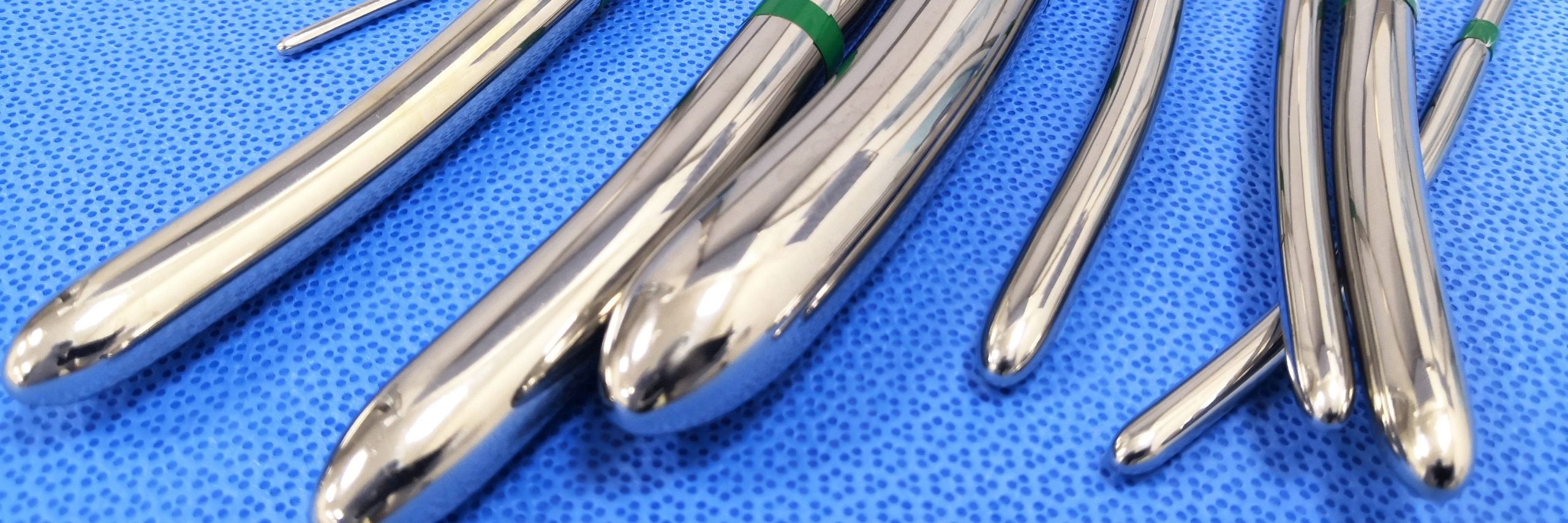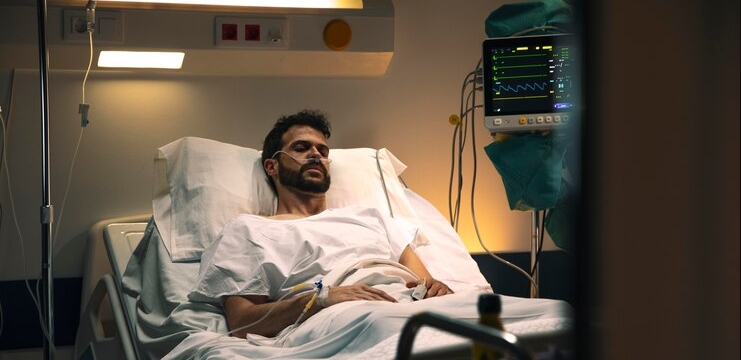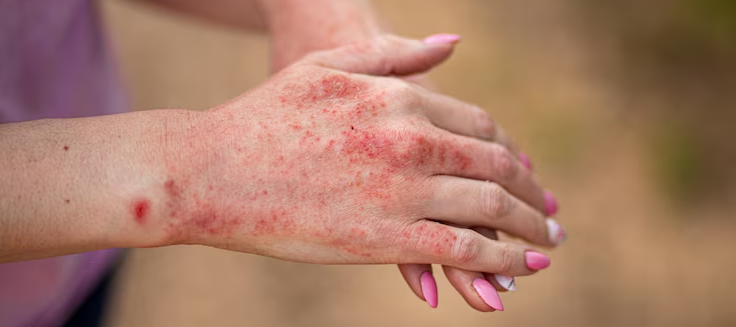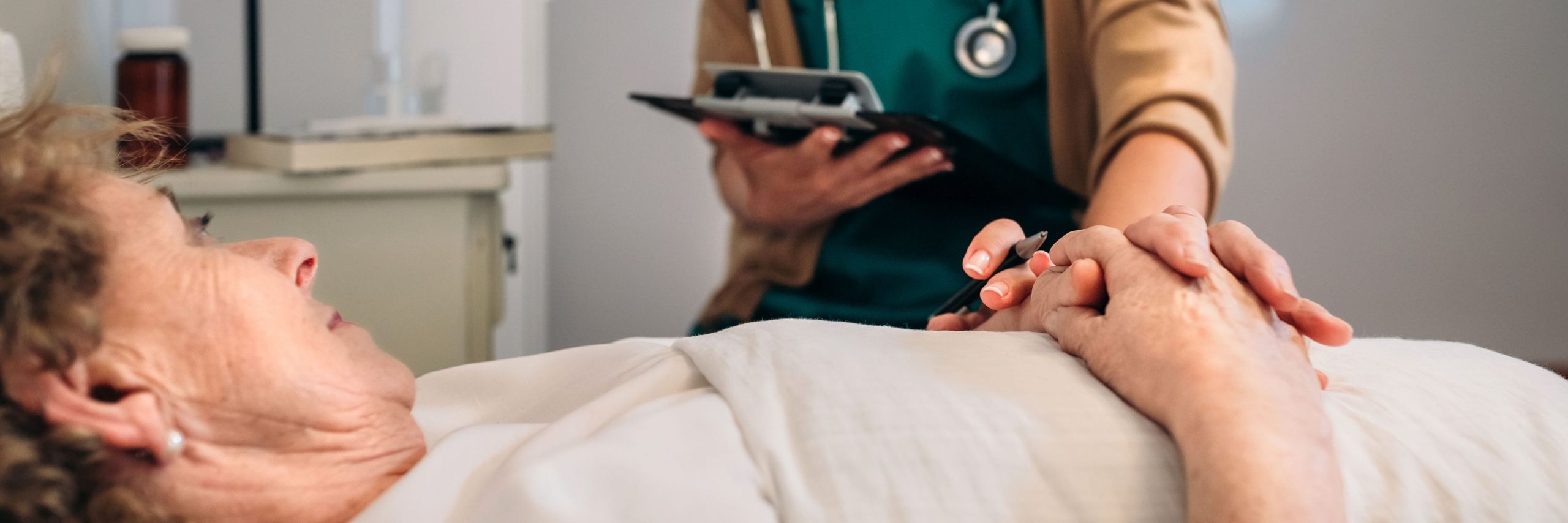This study investigated the effectiveness of arecoline hydrobromide (AH) on the functions of rheumatoid arthritis fibroblast-like synoviocytes (RA-FLSs) and collagen-induced arthritis (CIA) mice.
Immunofluorescence was used to identify RA-FLSs. Cell Counting Kit-8 (CCK-8) was used to determine the viability of RA-FLSs and the half maximal inhibitory concentration (IC) of AH. The 5-ethynyl-2′-deoxyuridine (EdU) assay was used to detect DNA replication in RA-FLSs. Cell cycle and apoptosis were examined by flow cytometry. Migration and invasion, as well as wound healing assays, were employed to determine cell migration and invasion ability. Proteins and mRNA expression levels were investigated using Western blot, quantitative real-time PCR (RT-qPCR), and immunofluorescence. The CIA mice model was used to assess the effect of AH in vivo. RNA-sequencing (RNA-seq) was used to find the potential signaling pathways of AH against RA, and Western blot was used to verify the key signaling pathway of AH on RA-FLSs. Network pharmacology and molecular docking were used to predict drug targets.
AH inhibited the proliferation and DNA replication of RA-FLSs, promoted cell cycle arrest by reducing the levels of cyclin-dependent kinase 1 (CDK1), cyclin A2, and cyclin B1, promoted apoptosis by suppressing B-cell lymphoma-2 (Bcl-2) expression, and suppressed migration and invasion by inhibiting vimentin expression in RA-FLSs. AH was also effective in relieving arthritis in vivo. RNA sequencing analyses suggested that AH inhibited the phosphoinositide 3-kinase (PI3K)/protein kinase B (AKT) pathway in RA-FLSs, which was also confirmed in Western blot analysis. Furthermore, network pharmacology and molecular docking suggested that F2, MAPK14, SRC, AKT1, and CTSK might be the direct targets of AH.
AH can modulate the pathological process of RA-FLSs by blocking the PI3K/AKT pathway and relieve CIA in mice, making it a potential new small molecule candidate.
Copyright © 2023 Elsevier B.V. All rights reserved.















